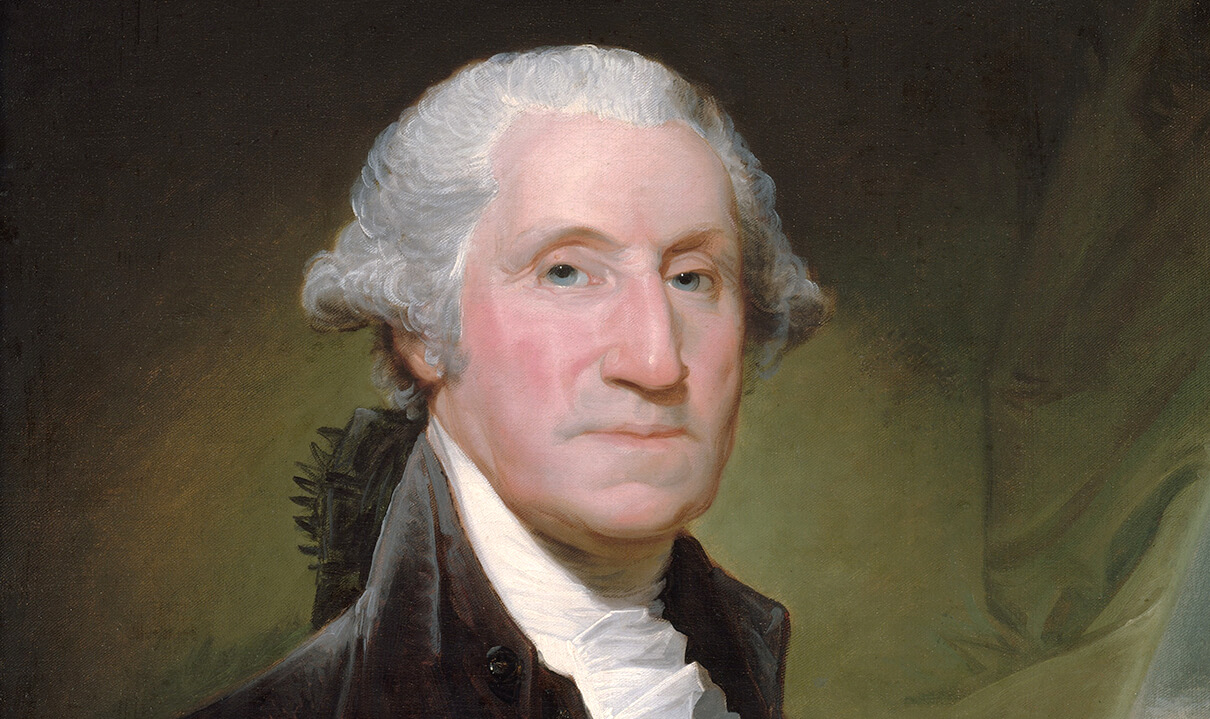Americans celebrate our national birthday each year on July 4th. Our country’s unprecedented freedom was the result of specific ideas, including those drawn directly from the Bible.
At the 150th anniversary celebration of the Declaration of Independence, President Calvin Coolidge affirmed:
No one can examine this record and escape the conclusion that in the great outline of its principles the Declaration was the result of the religious teachings of the preceding period. . . . They are found in the texts, the sermons, and the writings of the early colonial clergy who were earnestly undertaking to instruct their congregations in the great mystery of how to live. . . . Placing every man on a plane where he acknowledged no superiors, where no one possessed any right to rule over him, he must inevitably choose his own rulers through a system of self-government.1
On the 200th anniversary, President Gerald Ford also affirmed its Biblical roots:
Our Bicentennial is the happy birthday of all fifty States, a commonwealth, and self-governing territories. It is not just a celebration for the original Thirteen Colonies. . . . The earliest English settlers carried the Bible and Blackstone’s Commentary. . . . [and] American families in prairie schooners like these took with them on the overland trails the principles of equality and the God-given rights of the Declaration of Independence.2
Each year on July 4th, let’s make sure we preserve our memory of these unique governing principles. Here are three simple things you and your family can do:
- Read the Declaration of Independence.3 Reading the Declaration is rewarding as it is a deep and rich document. The Declaration gives the twenty-seven reasons that America was birthed, and sets forth the immutable principles of American government. These principles were the ones on which the Founders later erected the Constitution of the United States.
- There were fifty-six signers of the Declaration. Find one you don’t know – perhaps one you’ve never heard of before; look him up and read a short biography about him4. Or get a copy of Lives of the Signers, so that you can have biographies about each one of the signers. In short, rediscover a new Founder.
- John Adams said that Independence Day “ought to be commemorated as the day of deliverance by solemn acts of devotion to God Almighty. It ought to be solemnized with pomp and parade, with shows, games, sports, guns, bells, bonfires, and illuminations from one end of this continent to the other, from this time forward forevermore.”5 So enjoy the fireworks and parades and celebration – but also make sure to honor and thank God – make it a day celebrated “with solemn acts of devotion to God Almighty.”
May God continue to shed His grace on America!
Endnotes
1 Calvin Coolidge, “Address at the Celebration of the 150th Anniversary of the Declaration of Independence in Philadelphia,” July 5, 1926, The American Presidency Project.
2 Gerald R. Ford, “Remarks in Valley Forge, Pennsylvania,” July 4, 1976, The American Presidency Project.
3 “Declaration of Independence: A Transcript,” National Archives, accessed December 14, 2023.
4 Online sources for biographies of the Declaration signers include: ushistory.org, and the National Park Service. A comprehensive collection of biographies for each signer was done by John Sanderson in the 1820s. You can also read about the signers wives in The Pioneer Mothers of America.
5 John Adams to Abigail Adams, July 3, 1776, Letters of John Adams Addressed to His Wife, ed. Charles Francis Adams (Boston: Charles C. Little and James Brown, 1861), I:128-129.
Still looking for answers? Visit our FAQ page
More Resources
Know the Truth and Protect Your Freedoms.
Still looking for answers? Visit our FAQ page
Stay Informed with the Latest Resources
Enter your email address to receive our regular newsletter, with important information and updates right in your inbox!








